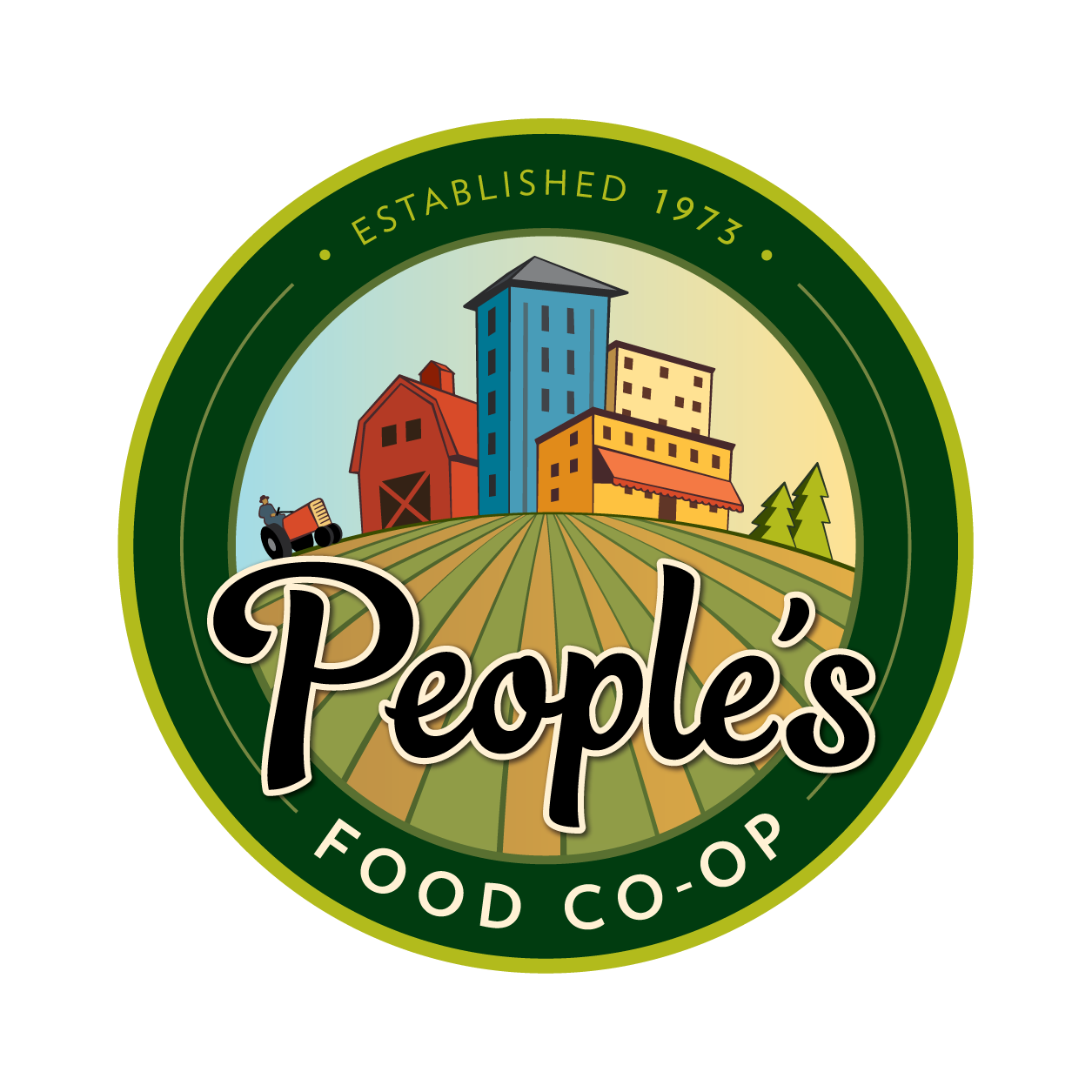Island City Brewery
Island City’s Bobby, Doug, and Jay hard at work.
PFC supplier since 2020.
29 miles from PFC.
Island City Brewery opened on St. Patrick’s Day, 2017. It’s been a supplier to People’s Food Co-op since 2020. The craft beer business has grown increasingly competitive in the last decade and Island City has been a scrappy underdog, a small player in a changing business environment. The large beer brands (think Anheuser-Busch-InBev) have been buying up small craft breweries, making it more likely that you’ll see more “craft” beers from Colorado and California in local stores and restaurants and fewer from Plover or Wausau. Small, local brewers are now having to compete for shelf space not just with other craft brews, but now with corporate-backed players as well.
The changes in the craft beer industry picked up even more in the last few years. “Things got weird with Covid,” CEO Doug Irwin says. “We had to adapt quickly. Nobody could come into the building, so we built all the picnic tables and put up the tent outside. We discovered a parking lot doesn’t have to be for cars only.”
“Covid money propped up some businesses, but that government money is gone now, and then inflation hit. So, as far as breweries go, you’re seeing more closings than openings,” Doug notes.
“Everything we do now is to drive people here to the brewery,” he says. “We have a food truck and music nights. Jazz once a month for a fundraiser. If you want good craft beers, you have to go to the brew pub that’s making the stuff.” Island City is an advocate of fresh quality beers. “My favorite beer is a fresh IPA that’s only one or two weeks old,“ Doug says. “We try to balance the monotonous production side of things with fun stuff.” The variety is in evidence on their beer list, for instance, the Orange Cream Dream, or Vanilla Dunkel, currently on tap.
Craft Business
The brewery has only a few full-time employees, with many part-time beertenders. “15 to 18, but a lot of them,” Doug says. Island City is not looking to grow anytime soon. After an attempt to build their market in the Twin Cities, they’ve moved back from that push. They aren’t big enough for the large distributors to pick them up and Doug isn’t interested in buying trucks and hiring drivers to do it himself. “If you want good craft beers now, you have to go to the brew pub that’s making the stuff. It’s a flash in the pan sort of thing,” Doug says.
It's not just the problem of distribution. Small producers, whether they’re growing produce, or making beer, don’t always have the production capacity to meet demand. The small grower or brewer may lose their retail shelf space if the bugs eat all the tomatoes, or the brewer’s batch sells out. If the retailer comes calling and the items aren’t in stock the consumer may end up with tomatoes from Mexico, or craft beer from Anheuser-Busch-InBev.
Business of Craft
Doug started out as a salesman for the brewery five years ago. The people who started the business have moved on and Doug ended up as CEO. “The CEO thing doesn’t mean anything. I just happened to be here.” One of his jobs is brewing the test batches for new beers. He’d been a home brewer for years before starting at Island City.
“I like coming up with something fun. I started cooking food in high school and always enjoyed that. I like to see people taste something and watch them light up. That’s really fun: ‘why don’t you try this?’” In that sense, Island City’s mission is to introduce people to craft beer that people may not otherwise have tried. “It’s not Miller Lite. This is craft; there’s some intentionality to the taste.”
Island City uses local honey for their Honey Cream Ale, J.R. Watkins supplies the vanilla, and they use local hops when they’re in season.
People’s Food Co-op in La Crosse carries Island City’s deliciously smooth Docksider Double IPA and their River Moon brew, a sweet blood orange IPA.


